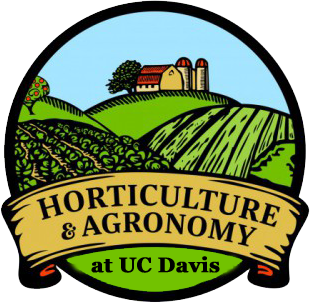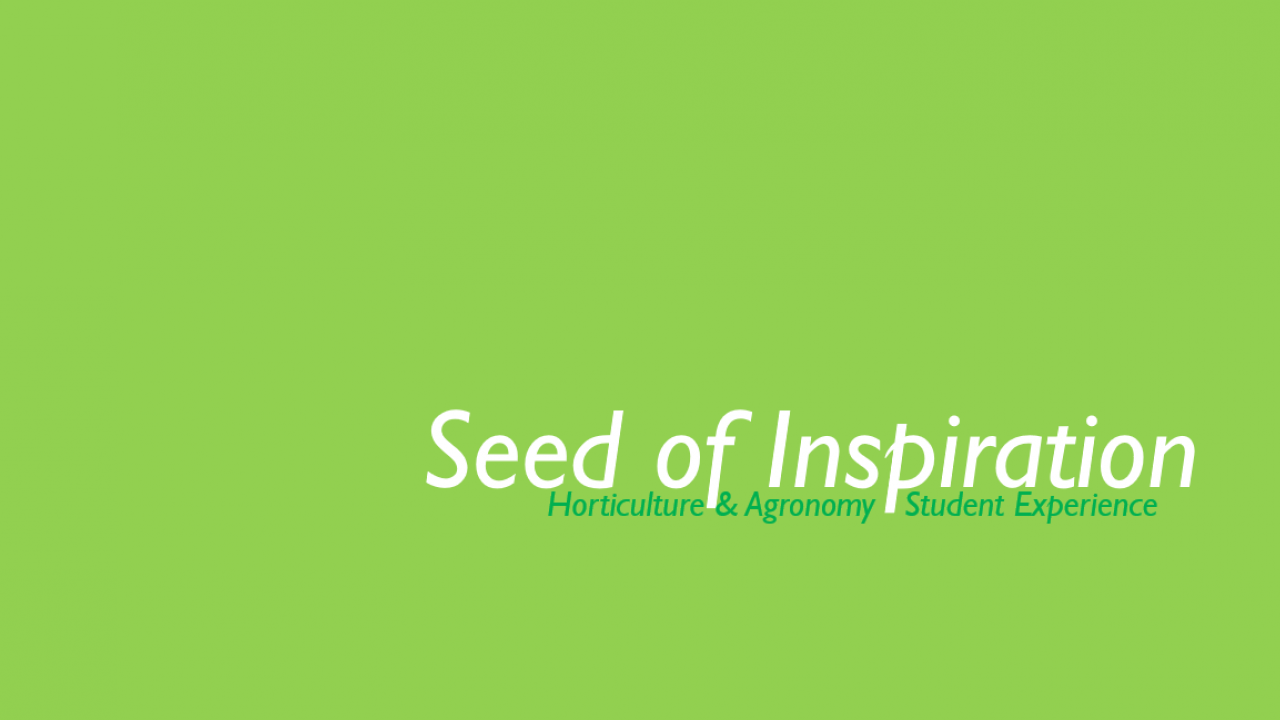
Back to the Foodture: Screening for a Better Tomorrow
Dr. Randi Jimenez reflects on how the UC Davis Horticulture and Agronomy program prepared her for her current career and discusses the benefits of past research and graduate school experiences.
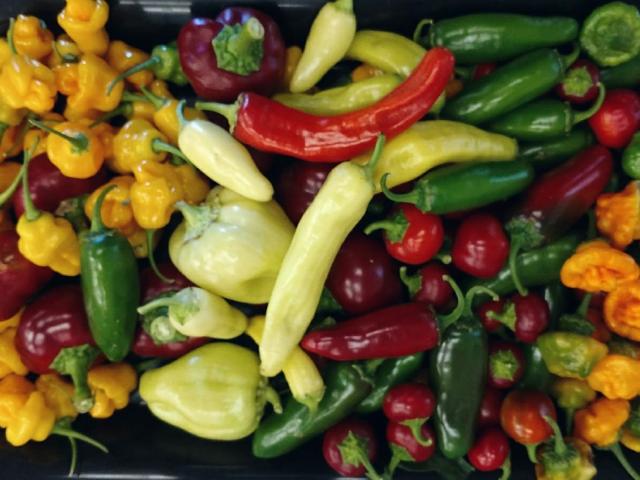
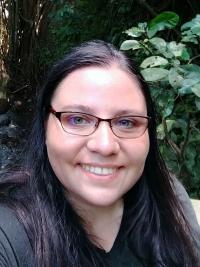
An enchanted spinning wheel may have put a curse on Sleeping Beauty, but it sure did wonders for Dr. Randi Jimenez. In fact, a spinning wheel brought one of her greatest crocheting dreams into fruition. Spinning lab-grown GE cotton into yarn, dying it with spinach and turmeric, and crocheting up a storm, she produced a masterful homage to Capsicum—a handmade yellow and green plush pepper. Although this pepper was a pleasure to create, Jimenez bid a fond adieu to the plush as she transitioned into her future career.
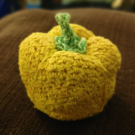
Currently, Jimenez is a Senior Environmental Scientist at the California Department of Food and Agriculture and loves every minute of it. Her day-to-day tasks include coordinating and evaluating biological indicator and disease screening tests, inspecting growers and informing them of proper agricultural practices to minimize pest and disease incidence, and updating and writing regulations. The benefits of her job include stability, support, and goal-oriented projects. But for Jimenez, the biggest benefit is how her work helps growers and provides for industry.
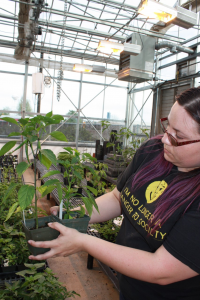
The duties of Jimenez’s current government position directly overlap with her graduate school training, which focused on characterizing traits of a variety of different species. Originally, Jimenez entered the UC Davis Horticulture and Agronomy program as a Master’s student characterizing and cloning genes in tomato and tomato wild relatives related to carbon and nitrogen balances. But after earning an NSF fellowship and MSc, she decided to stay at UC Davis and pursue her PhD in Horticulture and Agronomy.
Her PhD work focused on screening for Beet curly top virus (BCTV) resistance along with 16 other horticultural traits in pepper. A meticulous notetaker and keen observationist, Jimenez recorded any and all odd fruit and disease traits, many of which are still being investigated and being integrated into Prof. Allen van Deynze's pepper breeding program.
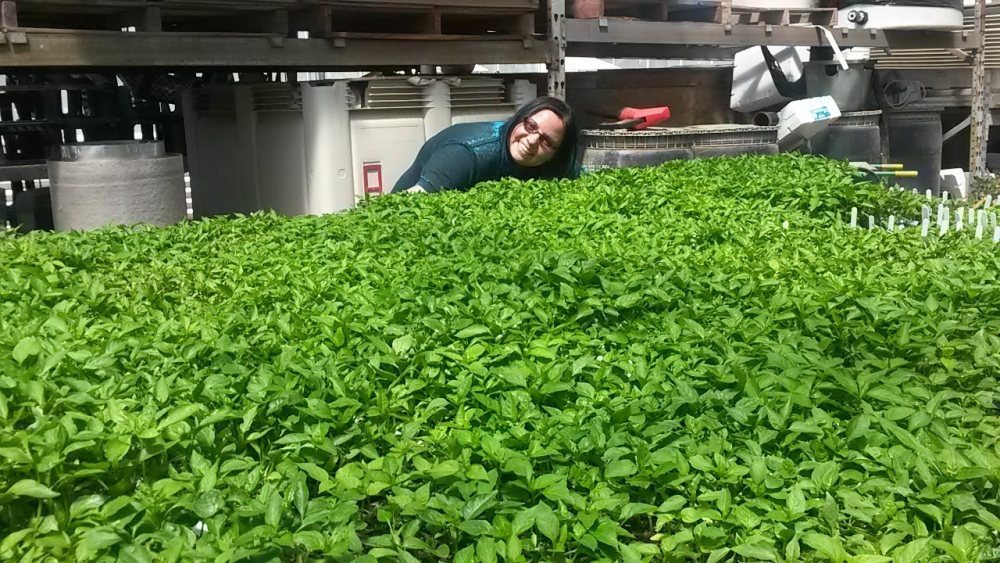
In addition to her influential research, Jimenez played a huge role in building the graduate student community and establishing foundational elements to the program. She grew pepper plants, phenotyped fruits, and taught undergraduate students about important traits and indexing for the Student Collaborative Organic Plant Breeding Education program, or SCOPE. (Jimenez preferred Student Lead Organic Breeding but was sadly rejected and encouraged to focus on non-acronym-related matters.)
Dr. Jimenez also started the club that blossomed into Horticulture and Agronomy Student Association, which is dedicated to building institutional knowledge and cohesiveness.
Jimenez formed communities and relationships both inside and outside of the graduate program, finding support and stability in Lisa Brown (Graduate Group Coordinator), a group of knitting ladies at the Davis Senior Center, and members of the California Seed Association.
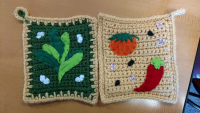
Although Jimenez succeeded in many aspects of graduate school, her successes were not accomplished without struggles. Conducting insect validation assays and experiencing The Funk (a fog most graduate students experience at the pivotal 3.5 year mark) were anything but easy. However, Jimenez overcame these challenges and wants current and prospective students to know that they can too.
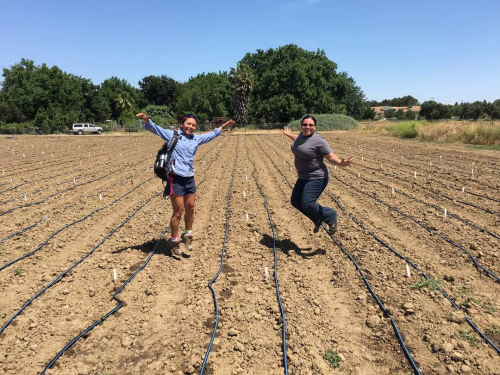
Jimenez has three additional pieces of advice for new and incoming graduate students:
- Explore nature and neighboring cities due to Davis’s prime location;
- Gain different experiences through jobs and internships because they may open the door to future careers; and
- Do not be afraid to speak up for what you need, i.e., be clear and direct when finding funding and resources.
Jimenez stresses, “if you can do it, do it!”. She also highly recommends Shah’s Halal Food Cart, Noodle City, and $5 Tuesdays at Davis movie theaters!
